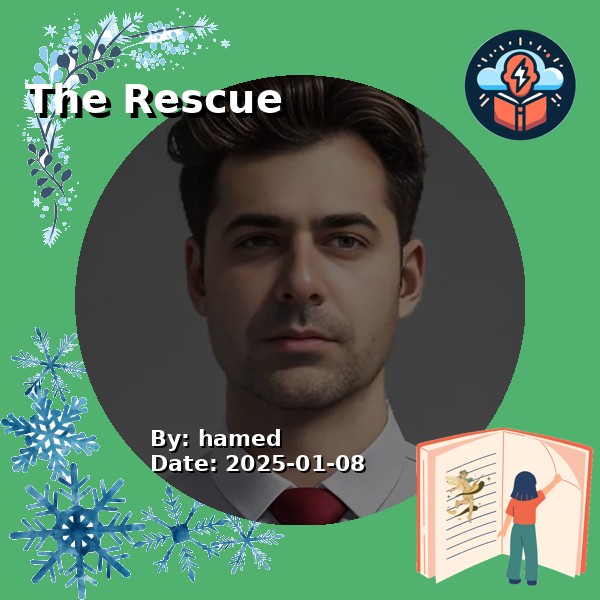We were on a ferry crossing the bay, a group of executives heading to a team-building retreat. The waves were choppy, the wind sharp and biting. As we huddled on the deck, a smaller boat trailing behind us suddenly capsized. Two men—passengers from the smaller boat—were flailing in the water, their cries barely audible over the roar of the waves.
Panic spread among the passengers. One of the executives, Mr. Rahimi, turned to the deckhand and shouted, “Save them both! I’ll pay you ten million tomans for each life you save!”
The deckhand hesitated for only a moment before diving into the freezing water. We all watched breathlessly as he reached one man, pulling him to safety. By the time he went back for the second, it was too late—the other man had disappeared beneath the surface.
As the rescued man gasped for air on the deck, I turned to Mr. Rahimi. “It wasn’t the deckhand’s fault,” I said quietly. “The second man’s time had run out. Fate simply decided it that way.”
The deckhand, toweling off and shivering, overheard me and chuckled. “Fate? Maybe,” he said, his teeth chattering. “But truthfully, I saved the one who helped me once.”
We stared at him, puzzled. He continued, “A couple of years ago, I was stranded on the roadside with a broken-down motorbike. That guy gave me a ride into the city on his pickup truck. The other one? He caught me stealing fruit from his orchard as a kid and whipped me with a belt.”
The ferry fell silent, save for the lapping of the waves. I muttered under my breath, quoting an old verse: “Whoever does good does so for their own soul, and whoever does harm, they do so against themselves.”
Looking at the man we’d lost, I thought of the thorns we scatter unknowingly in the paths of others—and the hands we hold when we can.
